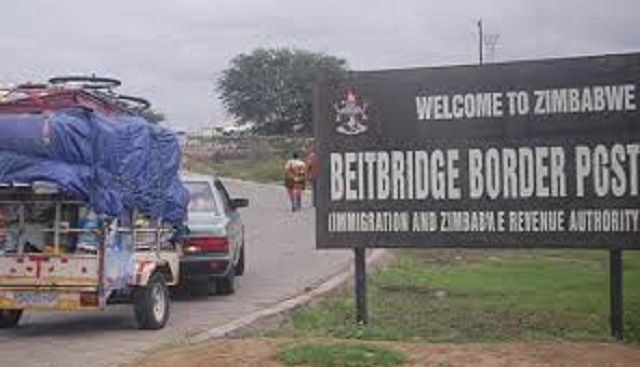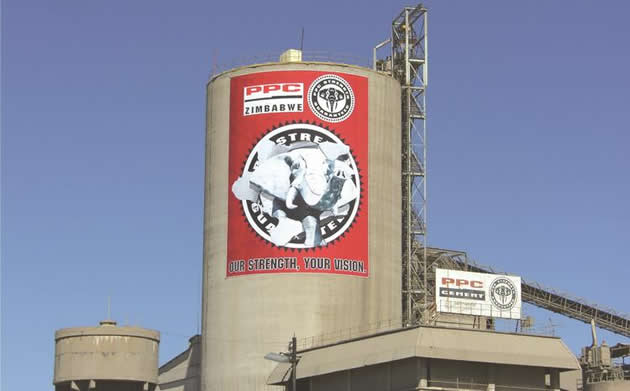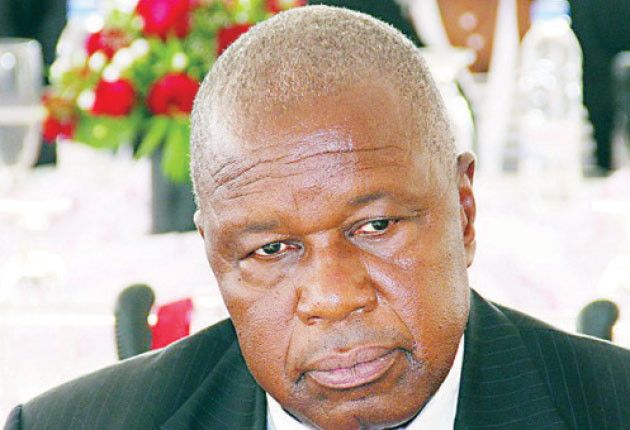Government must act on transit fraud

Thupeyo Muleya, Opinion
EFFICIENT management of ports of entry is critical in the development of any country. In the case of Zimbabwe, there have been more calls to improve service including stamping out corruption and closing leakages that prejudice Government of the much needed revenue.
Recently, the Government has come up with a raft of measures including; revising customs laws and tightening screws on border control interventions to maximise compliance. Estimates indicate the Zimbabwe Revenue Authority [Zimra] collects 30 percent of Government revenue from ports of entry and 70 percent of that is collected at Beitbridge Border Post.
During a visit to Beitbridge late last year, Home Affairs Minister, Dr Ignatius Chombo said Zimra was only netting $800 000 per day against a target of $2million. He said the tax authority could not collect enough due to rampant smuggling of goods and other corrupt activities.
The minister said Government had since availed $600 000 that is being used to upgrade Beitbridge Border Post with the view of stamping out corruption and leakages in or out of the country.
On another note, Zimra has also raised concern over an increase in cases of smuggling and transit fraud, which has seen the country losing a lot of revenue and also fuelled the rise of importation of restricted goods. The then regional manager for Zimra in Beitbridge, Mr Christopher Zifudzi, told a delegation led by Vice President Phelekezela Mphoko during a visit to the border last year, that smuggling and the abuse of travellers’ rebate was rampant at the Sadc’s busiest inland port of entry.
He said between April and June 2016 they intercepted 469 people while smuggling various goods and during the same period they were sending an average of nine people for prosecution for various customs offences per month.
In cases of the Removal in Transit (RIT) facility, he said people were taking advantage of the fact that goods in transit are not charged duty. A few weeks ago, Zimra intercepted four tankers at Chirundu, which were carrying 140 000 litres of water purported to be diesel that was in transit to DRC. The state lost close to $55 000 after the fuel, which entered the country through Forbes Border Post under the RIT facility, was emptied in Chitungwiza and replaced with water.
Investigations by the Beitbridge Bureau have shown that most of the goods destined for other countries are offloaded and consumed within Zimbabwe.
This results in the loss of revenue and importation of restricted goods.
Statics from Zimra show that an average of 150 trucks with incoming commercial transit cargo pass through Beitbridge border post per day while over 11 000 outgoing transit cargo is processed per month. An average of 450 000 travellers, 21 000 trucks, 3200 buses and 30 000 private cars pass through the border post per month.
At least two or four trucks are intercepted by the police in various parts of the country offloading goods, which would have been brought via Beitbridge on the understanding that they are destined for countries in the north of the Zambezi River. Cooking oil, washing powders, assorted groceries, powdered milk, bath soap and building material, fuel among others, are the worst affected by transit fraud. These attract duty of 40 percent.
These goods were removed from the Open General Import licence by Government through Statutory Instrument 64 of 2016. Under the new regulations one needs to obtain a permit from the Ministry of Industry And Commerce to import such products. The effect of the introduction of this law has resulted in rampant smuggling of the goods along the river or under the removal in transit facility.
Basically, there is an upsurge in non- compliance cases by importers and travellers.
Under the in transit facility, cargo destined for other countries is not opened. The cargo is allowed passage through the country for three days subject to acquittal at the exit port of entry. However, that is not happening as criminals have taken advantage of the laxity in lack of monitoring facilities on the part of Government and Zimra.
In other instances the trucks offload the goods in Zimbabwe especially Harare and the criminals will simply drive to the supposed port of entry to get the customs to endorse that the trucks and the cargo has left the country. A number of border authorities at various ports of entries have been arrested at Chirundu and Victoria Falls for facilitating transit fraud.
It is sad that the Government has been complaining about this vice of transit fraud without implementing any meaningful action to arrest the situation.
The Government should reduce the time transit spends in the country from, say, three days to 48 hours and the trucks must also follow a defined route and teams be set at regular intervals in the towns and cities to monitor their movements.
Zimra should expedite introducing an effective satellite tracking systems for all the trucks carrying transit cargo to avoid any shenanigans. The issuance of import permits should also not be monopolised but rolled out to the rest of the country. In essence the culture of giving permits to the selected and connected few has resulted in chaos as most of those who fail to get the permits resort to smuggling.
The Ministry of Industry and Commerce together with other line ministries should liberalise the market of identified products. This will enable even competition and there will be no reason for people to smuggle the goods.
Furthermore, the Government should consider introducing a levy on transit cargo, which is subject to reimbursement at the identified port of exit to deter the deviation of routes. Zimbabwe and other countries should negotiate for fair trade practices with other Sadc countries especially South Africa, which is one of our largest trade partners. There should be a reciprocation to trade between the two countries, South Africa should allow Zimbabwe to export at reasonable rates products that are on high demand on their market and vice versa. It is important for the Government to revise its duty regime, which has resulted in low compliance. The import duty should be within an average of 15 to 20 percent instead of the 40 percent and above, which is beyond the reach of many Zimbabweans.
Our local industries and manufacturers should stop being cry babies and ensure that they produce goods, which are up to acceptable standards and are affordable rather than complain of flooding of imported items. As a country we need to strike a balance when coming up with import regulations or trade laws and it should be born in mind that no country is self sustained and we need each other whether at regional or international level.
The policy makers should also extensively research and consult widely before introducing laws that result in chaos and the Government failing to meet its projected revenue targets. On several occasions, the Ministry of Finance and Economic Development has been reviewing import duty on second hand vehicles from Japan, which are coming in through South Africa.
It is interesting to note that our neighbours are making a killing in excise duty on the vehicles they do not want on their roads. Zimbabwe should wake up and smell the coffee and come up with an attractive policy that will see those car dealers setting shop at Beitbridge or any other port of entry countrywide.
The Government can make use of the Look East Policy and import the vehicles for resale locally to its citizens at affordable prices thereby maximising on revenue collection.











Comments